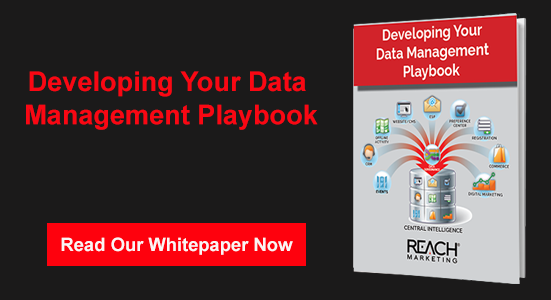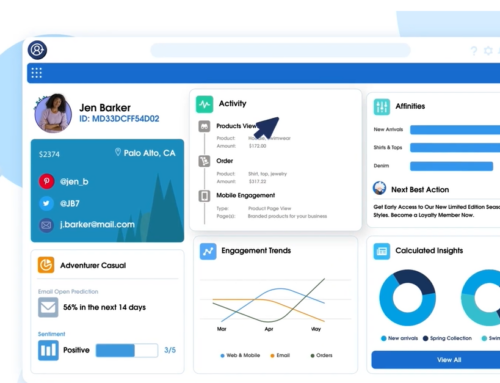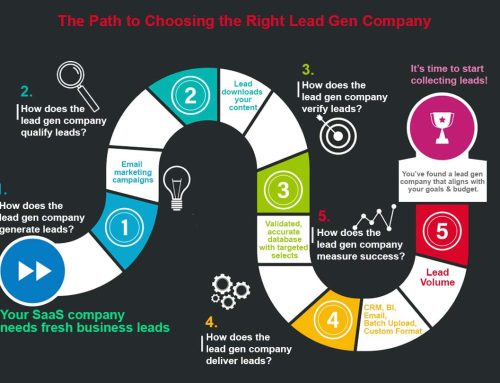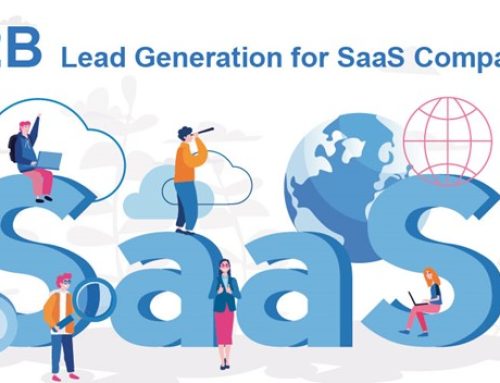Retailers like to call their products plug-and-play, but anyone who’s bought the latest smartphone generation or new productivity software knows there’s a learning curve to using novel technology. The “plug” part’s fairly easy, but to learn how to use new tech efficiently, let alone with expert skill, takes something more than tapping a few keys.
Here’s how to take your marketing automation system from initial installation to full integration as the core of your MARKETING AI®.
Getting to Know Your Marketing Automation Platform
Once you’ve done your research on which marketing automation platform is right for your business and have installed the software, it’s time to get familiar with your new system – but not alone. Sandbox mode and a manual can only do so much; you also need hands-on training. A marketing automation consultant plays a key role in preparing you to get the most from your new tool-set by giving your personnel an accelerated course in how to use the software.
The Great Data Migration
Another reason to work with a database manager is to ensure that your data moves to the new platform intact. Normalizing and optimizing data probably aren’t part of a marketing team’s everyday work week, but they’re routine processes for marketing database consultants. Not sure if you need to normalize? If you work with separate platforms or multiple versions of legacy software, chances are you do. Old records, for example, might follow different date formats or use different file extensions. A database manager puts information into standardized forms so all your data is readily accessible.
Taking Inventory
What knowledge do you already have, and how can you add to it? Which repetitive tasks can you streamline? How do leads experience your brand? A thorough data inventory can tell you these things and more – but only if you know how to organize your information. When working with a huge volume of contact information, behavioral data, and CRM history, it’s challenging to put it all into context. Your database management consultant takes stock of what you already know, puts it in a logical order, and uses data enhancement techniques to add to your knowledge base.
Training
A fully integrated marketing and sales database is incredibly powerful in the right hands. With it, you’re able to use CRM data to fuel marketing insights and turn marketing knowledge into better customer service. To play this sophisticated instrument like a virtuoso, you and your team need training. The good news is that most of the training is intuitive; most marketing automation platforms are thoughtfully designed for ease of use. The better news is that your database services consultant can show you shortcuts that let you navigate through the system like a pro. When allocating time for training, set aside as much time as you can spare for sandbox mode and experiment with your new system’s capabilities under your database manager’s guidance.
Achieving Full Integration
Marketing and sales have a common goal – earning more revenue – but they take different approaches to getting there. An integrated, centralized database helps both teams reach their goal by making knowledge available to everyone. Your CRM data, for example, tells the marketing team about customers so they can develop more useful buyer personas and lead nurture programs. Marketing data gives the sales team a wealth of detailed information about leads so a seller can personalize every conversation and forge a closer connection with potential buyers. With sales/marketing integration, everyone wins.
© Reach Marketing LLC 2017 All Rights Reserved.







